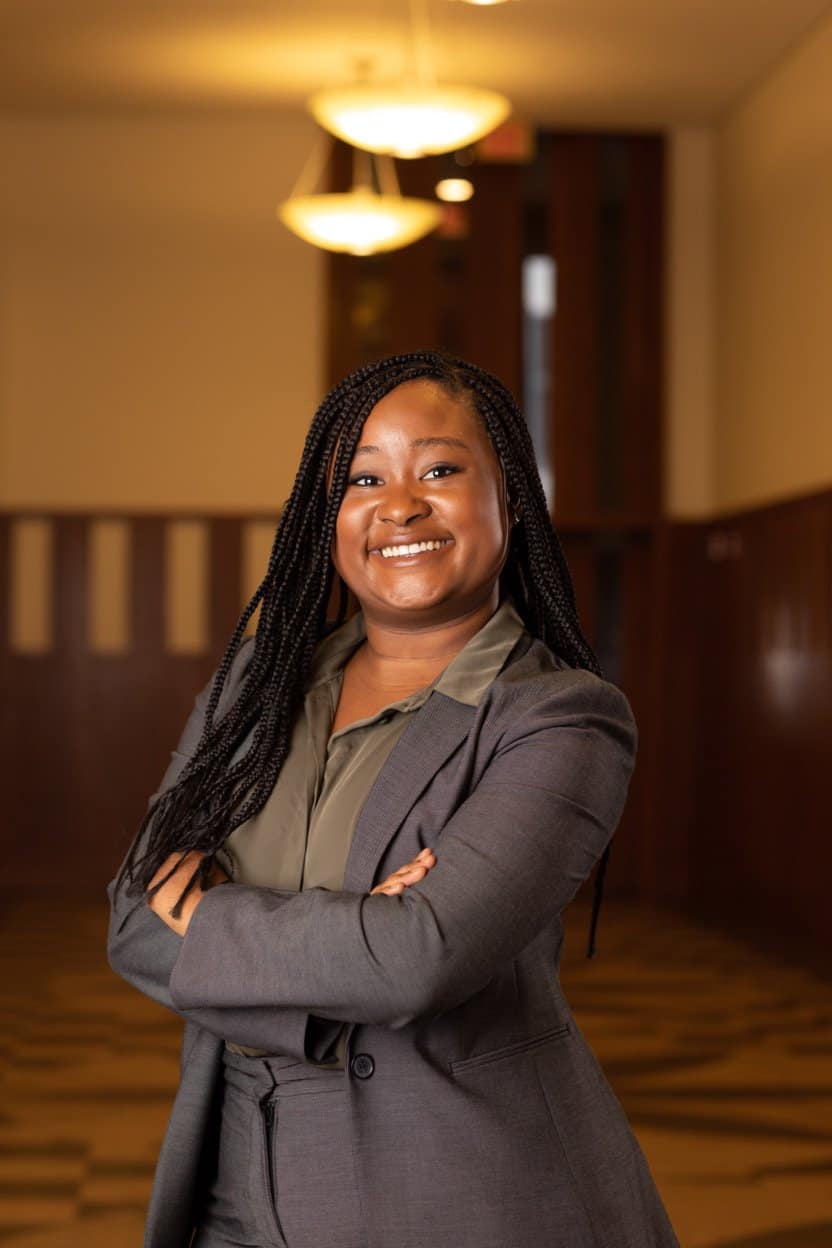
Courtney Brunson is a student at Harvard Law School and member of the Harvard Legal Aid Bureau.
Following efforts led by Washington state’s grocery worker unions to get greater protections for workers in light of the coronavirus pandemic, Safeway/Albertsons and Fred Meyer/QFC have agreed to make hour and benefit related changes to worker contracts. United Food and Commercial Workers (UFCW) Locals 21, 367, and 1439 and General Teamsters Union Local No. 38 representatives successfully negotiated for workers to receive more paid time off, flexible scheduling, and several other benefits. These changes have also expanded to UFCW members across the nation. Safeway and Kroger also announced that they would be providing hazard pay to its employees.
Full time employees of the Philadelphia 76ers and New Jersey Devils teams were informed on Monday evening that they would be receiving cuts to their hours and pay as a result of the virus. Harris Blitzer Sports & Entertainment, the company that owns both of the teams, originally mandated that employees who make more than $50,000 would be subject to pay cuts of up to 20% and would be moving to a four-day work week. However, after reported pushback from staff and the players, the company owner reversed course and issued the following statement: “After listening to our staff and players, it’s clear that was the wrong decision. We have reversed it and will be paying these employees their full salaries. This is an extraordinary time in our world – unlike any most of us have ever lived through before – and ordinary business decisions are not enough to meet the moment. To our staff and fans, I apologize for getting this wrong.”
The House of Representatives has introduced another coronavirus bill, which allocates $2.5 trillion in economic stimulus to combat the impacts of COVID-19 on American citizens and the economy. Bloomberg Law reported on the details of a provision in the bill that mandates OSHA issue a rule that provides workers in occupations with elevated risk to the coronavirus with greater infection prevention protections. The draft version of the bill not only covers health-care providers but also includes firefighters and emergency responders. The Senate version of the bill does not include any such requirement, but does set aside $10 million for enforcement. In contrast, the House bill also allocates $30 million to OSHA for training, education, and enforcement related to the coronavirus pandemic through fiscal year 2021.
The Writers Guild of America (WGA), a labor union of television show, movie, news program, and other media related content writers, signed a franchise agreement with Paradigm Talent Agency, the fifth largest agency representing entertainment writers. The LA Times stated that the agreement included provisions in which Paradigm agreed to end its package fee collection practice and limit its investment in affiliated production. Both practices, the WGA contends, creates conflicts of interest and disadvantages writers. Though the other large talent agencies have not signed similar agreements, this effort is considered a significant move for the union as it aims to get talent agencies to change their industry practices.






Daily News & Commentary
Start your day with our roundup of the latest labor developments. See all
February 3
In today’s news and commentary, Bloomberg reports on a drop in unionization, Starbucks challenges an NLRB ruling, and a federal judge blocks DHS termination of protections for Haitian migrants. Volatile economic conditions and a shifting political climate drove new union membership sharply lower in 2025, according to a Bloomberg Law report analyzing trends in labor […]
February 2
Amazon announces layoffs; Trump picks BLS commissioner; DOL authorizes supplemental H-2B visas.
February 1
The moratorium blocking the Trump Administration from implementing Reductions in Force (RIFs) against federal workers expires, and workers throughout the country protest to defund ICE.
January 30
Multiple unions endorse a national general strike, and tech companies spend millions on ad campaigns for data centers.
January 29
Texas pauses H-1B hiring; NLRB General Counsel announces new procedures and priorities; Fourth Circuit rejects a teacher's challenge to pronoun policies.
January 28
Over 15,000 New York City nurses continue to strike with support from Mayor Mamdani; a judge grants a preliminary injunction that prevents DHS from ending family reunification parole programs for thousands of family members of U.S. citizens and green-card holders; and decisions in SDNY address whether employees may receive accommodations for telework due to potential exposure to COVID-19 when essential functions cannot be completed at home.